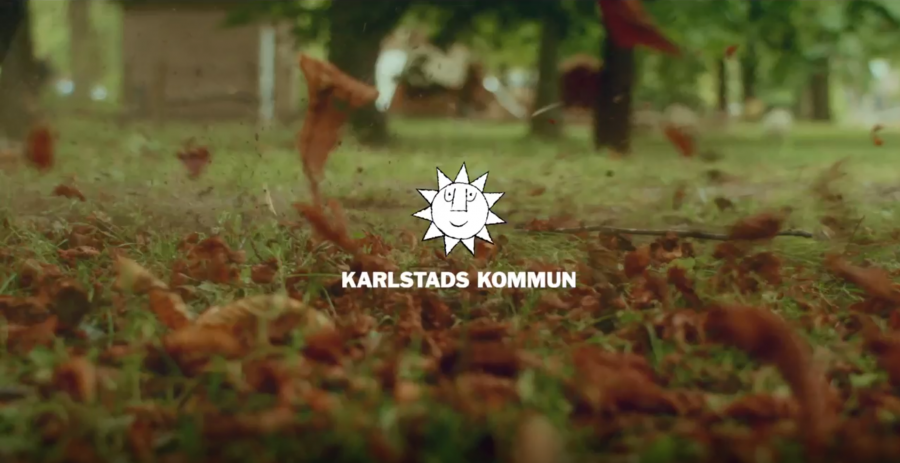Children who grow up
surrounded by green space are less likely to develop a mental health condition
in adulthood, according to a new study.
Danish Researchers
found children who grew up with greener surroundings were up to 55 percent less
likely to develop a mental disorder later in life.
The number of people
live in cities is increasing and the World Health Organisation estimates more
than 450 million people suffer with a mental disorder. And so the new study
from Aarhus University in Denmark calls on city planners to design greener and healthier
cities in the future to improve mental health.
Based on satellite
data from 1985 to 2013, the researchers mapped the presence of green space
around the childhood homes of almost one million Danes.

They compared the
data, published today in the Proceedings of the National Academy of Sciences of
the United States of America, with the risk of developing one of 16 different
mental disorders later in life.
Children surrounded
by high amounts of green space in childhood were up to 55 per cent less likely
to develop a mental disorder – even when taking into account known risk factors
such as socioeconomic status, urbanisation and a family history of mental health
problems. Noise, air pollution, infections and poor socioeconomic conditions
increase the risk of developing a mental disorder, according to the study. But
researchers found more green space in the local area creates greater social
cohesion and increases people’s physical activity levels. This can improve
children’s cognitive development and impact upon their mental health.
Lead author Dr
Kristine Engemann, from the Department of Bioscience and the National Centre
for Register-based Research at the university, said: "Our data is unique.
We have had the opportunity to use a massive amount of data from Danish
registers of, among other things, residential location and disease diagnoses
and compare it with satellite images revealing the extent of green space
surrounding each individual when growing up.
"With our
dataset, we show that the risk of developing a mental disorder decreases
incrementally the longer you have been surrounded by green space from birth and
up to the age of 10. ‘Green space throughout childhood is therefore extremely
important.
"There is
increasing evidence that the natural environment plays a larger role for mental
health than previously thought. Our study is important in giving us a better
understanding of its importance across the broader population."
Co-author Professor
Jens-Christian Svenning from the Department of Bioscience at the university
said: "The coupling between mental health and access to green space in
your local area is something that should be considered even more in urban
planning to ensure greener and healthier cities and improve mental health of
urban residents in the future."
The study is
published in the journal PNAS.







